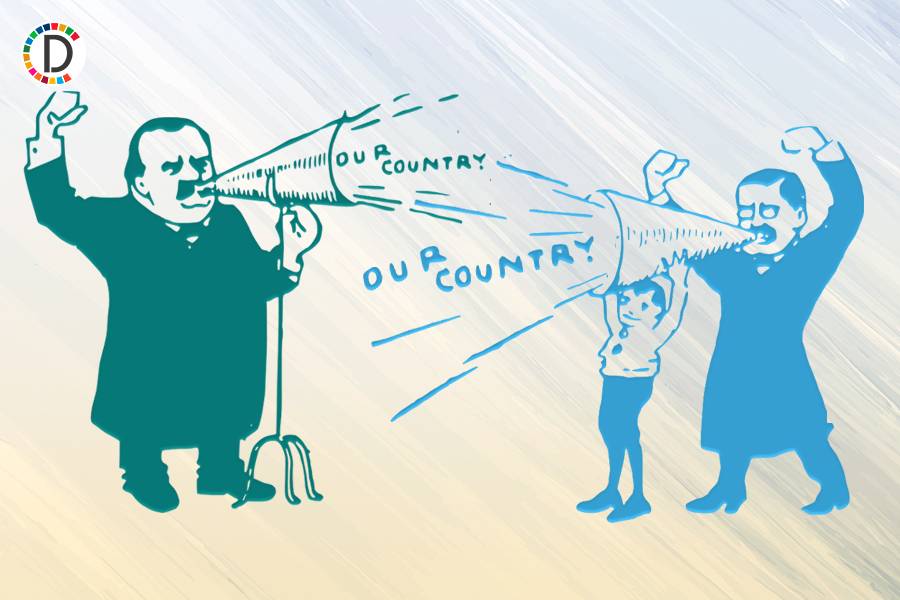Native American Influence Looms Over Arizona's Resolution Copper Mine and 2024 Presidential Race
Native American opposition to the Resolution Copper mine in Arizona, developed by Rio Tinto and BHP, could play a pivotal role in the 2024 U.S. presidential election. The mine, potentially supplying a quarter of U.S. copper needs, faces strong resistance due to its impact on sacred lands. Political and electoral dynamics in Arizona hinge on this contentious issue.

Native American opposition to Rio Tinto and BHP's Resolution Copper mine could shape the outcome of the 2024 U.S. presidential election in the critical state of Arizona. The conflict highlights the broader tension in sourcing essential minerals for the energy transition.
Construction of the mine could potentially fulfill more than 25% of America's copper demand, aiding U.S. efforts to reduce dependence on China for copper processing and consumption. The U.S. Geological Survey indicates that nearly half of the nation's copper needs are met through imports, with domestic production down 11% since 2021 and only two operational copper smelters nationwide.
However, the proposed underground mine would devastate a religious site central to Arizona's San Carlos Apache. This has ignited widespread resistance from 21 of the state's 22 Native American tribes, supported by the National Congress of American Indians. A legal appeal was filed to the U.S. Supreme Court, challenging Rio Tinto and BHP's access to the land, initially greenlit in 2014 by Congress and President Barack Obama through a military funding bill. This approval faced subsequent reversals and reinstatements under Presidents Trump and Biden.
(With inputs from agencies.)
ALSO READ
U.S. Sanctions Highlight Foreign Interference in 2024 Election
Trump is certified as the winner of the 2024 election without challenge, a stark contrast to the violence of 4 years ago, reports AP.
Reviving Rakha: The Copper Mine Renaissance
Trump's Peaceful Path to Victory: 2024 Election Certification Unfolds Smoothly
Literacy Spurs Rise in Female Voter Turnout: India's 2024 Election Surge










